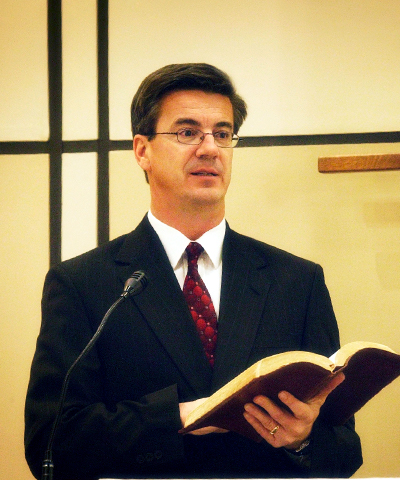A provision in the tax code, known as the Johnson Amendment, protects the integrity of tax-exempt organizations, including houses of worship, by ensuring they do not endorse or oppose political candidates. Tax-exempt organizations can, however, speak out on political, social, and moral issues.
This popular law among religious and denominational organizations, charitable nonprofits, faith leaders, and the American public prevents political parties and candidates seeking power from using houses of worship as their partisan tools. After all, no one wants their congregations to be torn apart by politics.



